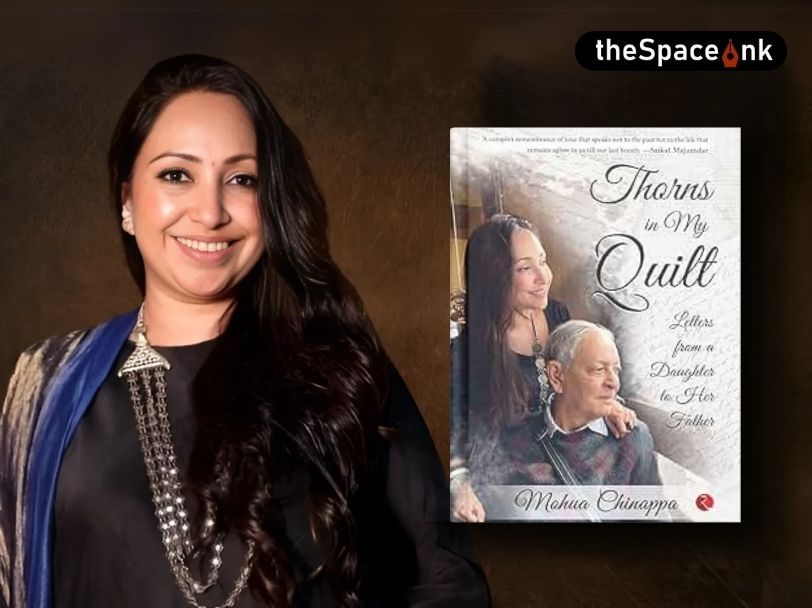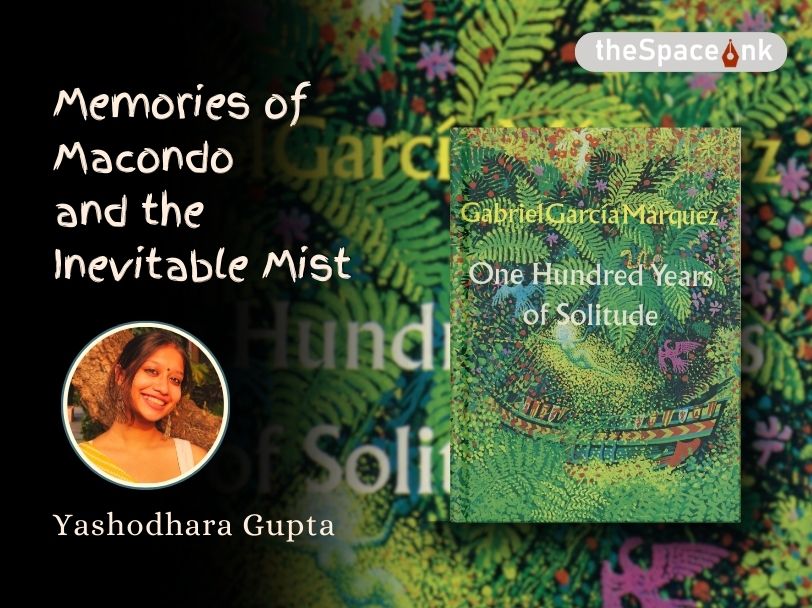It is wild to give an eight-year-old Pride and Prejudice to read – even the abridged version. The language could be made simpler, which it was, in the simplified text. But, the dense plot, the nuanced characters and not to forget, the tense plight embedded in each storyline make it quite a difficult read. But there was something captivating to the story, despite the not-so-infrequent use of the Oxford English Dictionary, that was beyond the said eight-year-old. She kept coming back. Two and a half decades and a million re-reads later, I can quite certainly say, it shaped the way I view my world.
In hindsight, the very things that made the novel “wildly inappropriate” made it the most compelling for me.
At eight, I couldn’t put a word to the feeling, but it resonated and lingered in me long after the first close. As I flip open the book today, the words “love story”, in my writing, catch my attention. The younger me had scribbled those naive letters onto the page after the second or third read. The understanding of love, back then, was quite skewed – a girl meets a boy, they fall in love, have some hurdles to cross and finally move forward with their happily ever-afters. Little did I know, much like Elizabeth’s shifting perceptions of Mr. Darcy, my view of love and the book would take winding turns with the course of time.
As I grew older in the comfort of the bedtime love story, I found myself returning, time and time again, to the unabridged Pride and Prejudice. I became enthralled by Lizzy’s wit and defiance.
She was, to my a-degree-less-naive mind, everything a leading lady should be: bold, feeling, articulate and a tad unyielding.
Elizabeth Bennet became my strength in the face of constraints. I cheered when she forced her own onto her mama, I laughed at her jests of Mr. Darcy, beamed with pride when she stood her ground against Lady Catherine and finally sighed with relief at the happy ending.
By the time I was a teenager, the love story had taken new significance. Mr. Darcy, the love interest of Ms Elisabeth Bennet, became the brooding antagonist of my imagination. I felt the same disdain toward him as Elizabeth. His arrogance was grating and triggered introspection and humility. It showed what one ought not to be. My naiveté even made me question Lizzy’s decision to be with Mr. Darcy. However, my romantic heart was glad she found her peace and a happy ending.
Reading Pride and Prejudice as a young adult unearthed yet another fold of Austen’s genius. It is the humour. Unbeknownst to the eight-year-old, Austen’s wit in crafting characters and her sharp, incisive yet humorous narrative had truly captivated the young girl. It was like a garnish that made the novel all the more flavourful. The humour, I realised in my early adulthood, was what kept the book alive and fresh for me for over two decades.
Once I had tapped into the humour, I fell in love with Austen’s understanding of human nature.
Her storytelling and how she weaves the nuances of emotions and social dynamics amazed me every time.
Each character seemed to make sense and somehow appropriate in the world of Pride and Prejudice. Lizzy’s headstrong nature and introspection, Darcy’s reflective conflict and growth, Mr. Bennet’s indifferent wit, and Mrs. Bennet’s over-the-top nerves made perfect sense. Even Mr. Wickam’s cunning, Mr. Collins’ pompousness and Lydia’s recklessness proved not just important but oddly authentic and essential to the story. It echoed of people we meet and know in our own lives. At this point, Pride and Prejudice stopped being a story to me. It became a little piece of life itself, like I had stumbled into something real yet timeless.
I had, since then, found a deeper appreciation for each of the characters.
They had stopped being mere vehicles for the plot but a deeper probe into human behaviour and psyche.
These became real people filled with flaws, aspirations and potential for change. Mr. Darcy stopped existing as an antagonist. Instead, he, though imperfect, became a man who is true to himself, as one ought to be. Elizabeth ceased to be the “ideal leading lady”. She became an individual just as flawed as others, who, with time, had to confront her prejudices, as we should more often. Mrs. Bennet stopped being the comic absurdity I had once perceived her to be. She became each one of us, wandering in a woeful world. Lydia had become a cautionary tale that forced us to look past positive delusions and understand the weight of our actions.
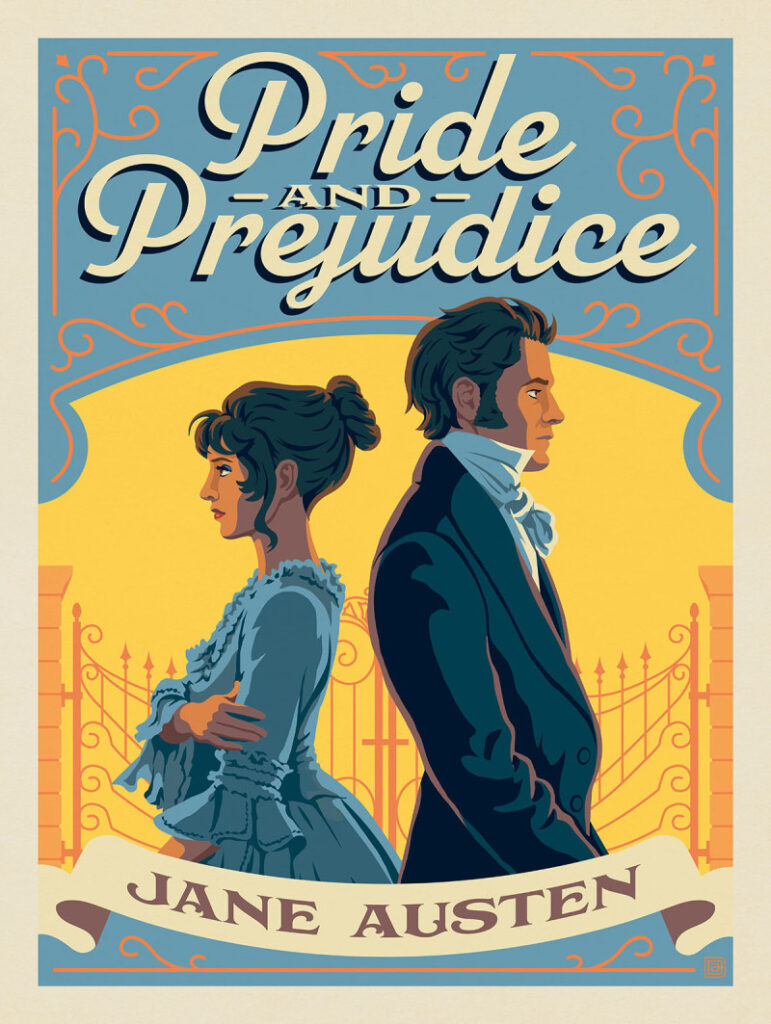
Mesmerized by Austen’s characters in Pride and Prejudice and her mastery of the complexities of relationships and social dynamics, I was now invested in absorbing the worlds she inhabited by reading all her works. Primed or not, by the understanding that all her characters were in some sense real, I seemed to find myself reflected in the books I read thereafter. I met each of Austen’s worlds at a pivotal point in my life. They helped me grow and navigate the challenges of love, morality, self-awareness, responsibility and balance.
Also Read: Letters from Jane Austen to Cassandra
When I first encountered Emma, somewhat like its titular character, I was grappling with the complexities of society and friendships. Somewhat similar to her, I believed I understood others and could guide them toward happiness and well-being. However, Emma’s journey revealed how easy it was to assume what’s best for other people. Her pursuit of self-recognition and reflection encouraged me to reflect inward, pause and reconsider my tendency to advise others.
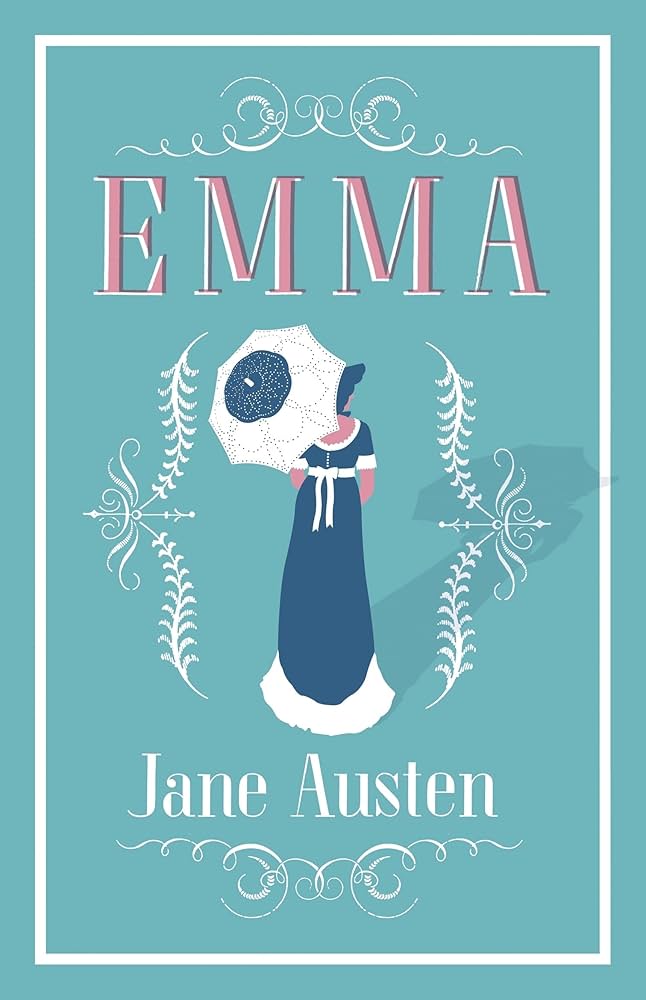
Then came Northanger Abbey. I was at a cynical phase of my life which made me appreciate Catherine Morland. Like Morland, I had a knack for shadowy plots and melancholic narratives. But soon enough, Catherine reminded me to separate fantasy from reality and showed me the value of seeing the world through an optimistic lens.
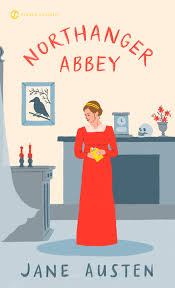
Being muddled by cynicism and inspired by optimism, all the same, I found myself having a wobbly footing over my own ethical playfield. Much like most of Austen’s characters, I found my darkness had placed me in misdoings. Fortunately, this was the time when I picked up Mansfield Park. It was Austen’s Franny who taught me that integrity is not something one is born with. It needs to be watered, cultivated and protected. Franny Price’s unwavering moral compass became an aspiration that I challenged myself to achieve.
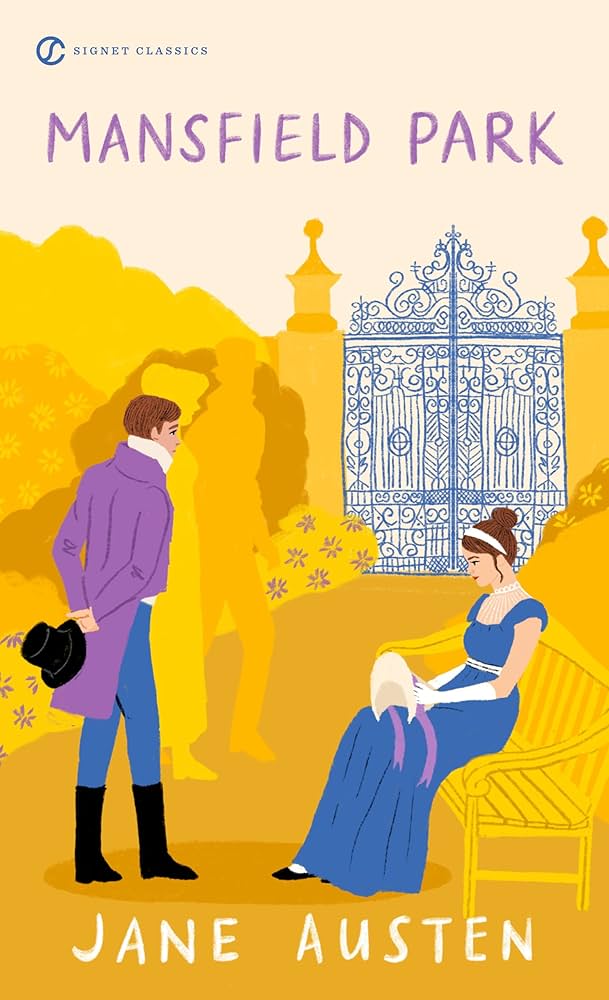
Through Mansfield Park, I found the courage to flesh out my own morals and commit more to my own ethics, even when it meant making difficult decisions or losing people I loved. With this newfound courage, I bravely picked up Persuasion, and it did not disappoint. I realized, along with Anne Elliot, how I had neglected and discarded myself and my well-being for others’ sake. I found Anne’s self-discovery when I was on a discovery of my own. Her story of lost-love and found-chances evoked a sense of instinct that I had been struggling to rediscover.
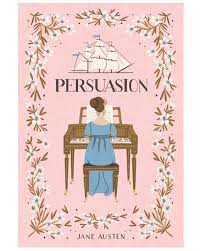
I have a special place for Austen’s Sense and Sensibility. Initially, as I had first attempted to read it somewhere between Emma and Persuasion, I found it extremely challenging. I could not relate to any of the characters or the plot, probably because it was not time yet.
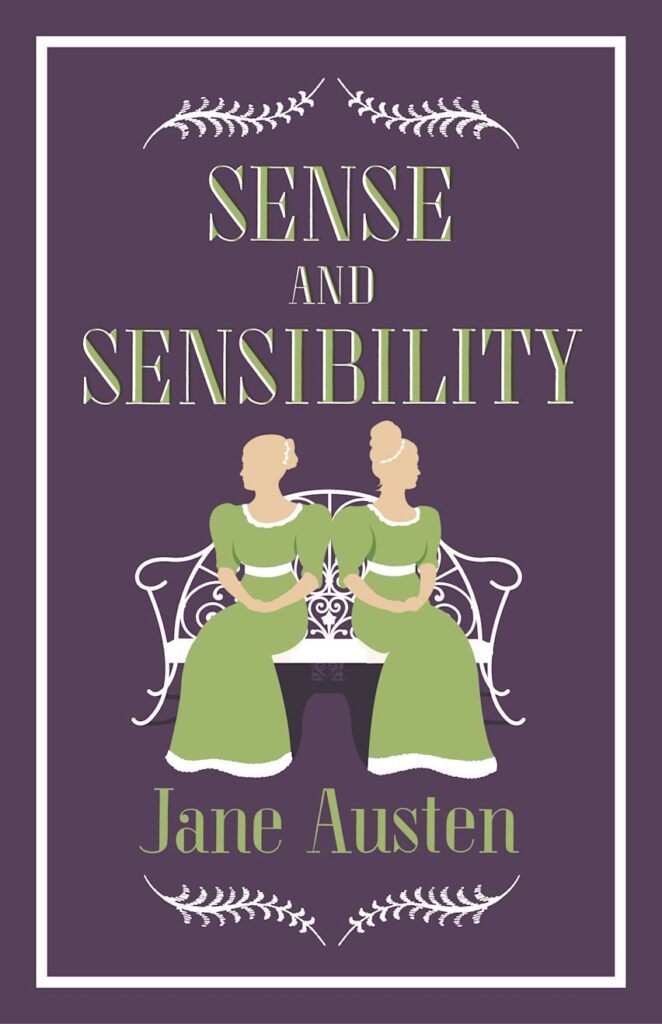
Years later, as I returned to it, my life had taken a different turn. In that chapter of my life, I was a caregiver to individuals under hospice care. While supporting them in their twilight years, I found myself gathering Elinor Dashwood’s quiet strength and her sense of responsibility. While I attempted to embody Elinor’s sense of self-restraint, the novel quietly nudged me to process and express my emotions. The book taught me to find true strength and peace in honouring my responsibilities while staying true to my emotions and feelings.
As I reflect on my journey with Austen’s work, I find it fitting to celebrate her 247th birthday to honour her timeless brilliance.
Somewhere between my childhood fascination with Pride and Prejudice and the profound understanding of life through Sense and Sensibility, Austen’s novels became my companions guiding me through the narrative of my life. Each read brought new insights and taught me new ways to navigate the world I live in. Her works not only provided entertainment but also wisdom and solace. They gently forced me to learn and grow into what I am today. On this day, Austen’s birth anniversary, I see clearly how Austen’s immortal worlds mirror ours, imparting life lessons and universal truths to me and countless others. Her works continue to shape lives across centuries and cultures. Each turning page is a reminder of her legacy, which remains vibrant and forever meaningful. Today, I stand at a fresh two and thirty, prepared to move forward with Austen’s enduring lessons in my heart inspiring me, comforting me and preparing me for the world ahead.
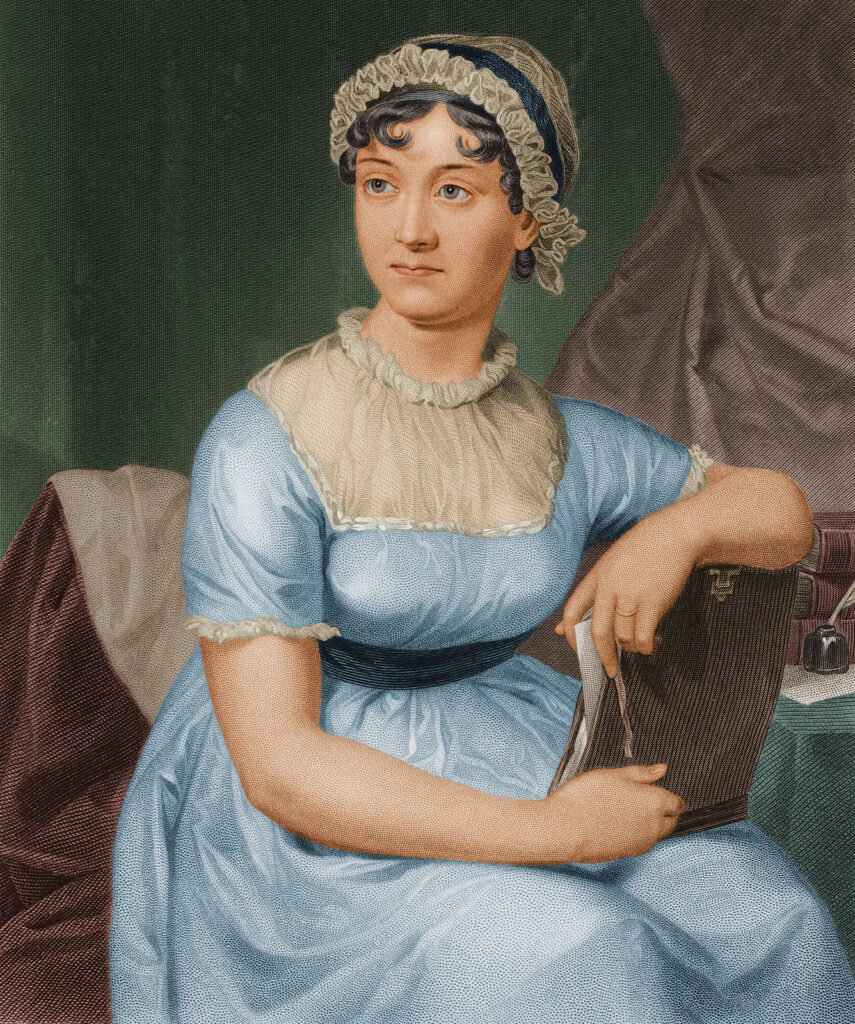
Image Courtesy: Pinterest
Dr. Atreyee Mukherjee, a former faculty at IIT ISM Dhanbad, holds a doctorate in linguistics and a passion for human cognition and psyche. A self-proclaimed book-hog, Atreyee has an insatiable appetite for stories across genres and eras. Their love for literature is matched by a deep fascination with language, cognition and psychology. An avid painter, Mukherjee incorporates their knowledge and experience not only into their research but also into their artworks, creating pieces that reflect the interplay of symbolism, culture and imagination. When not immersed in academic pursuits or painting, Atreyee can be found exploring new worlds of literature and uncovering connections between language and experience.






